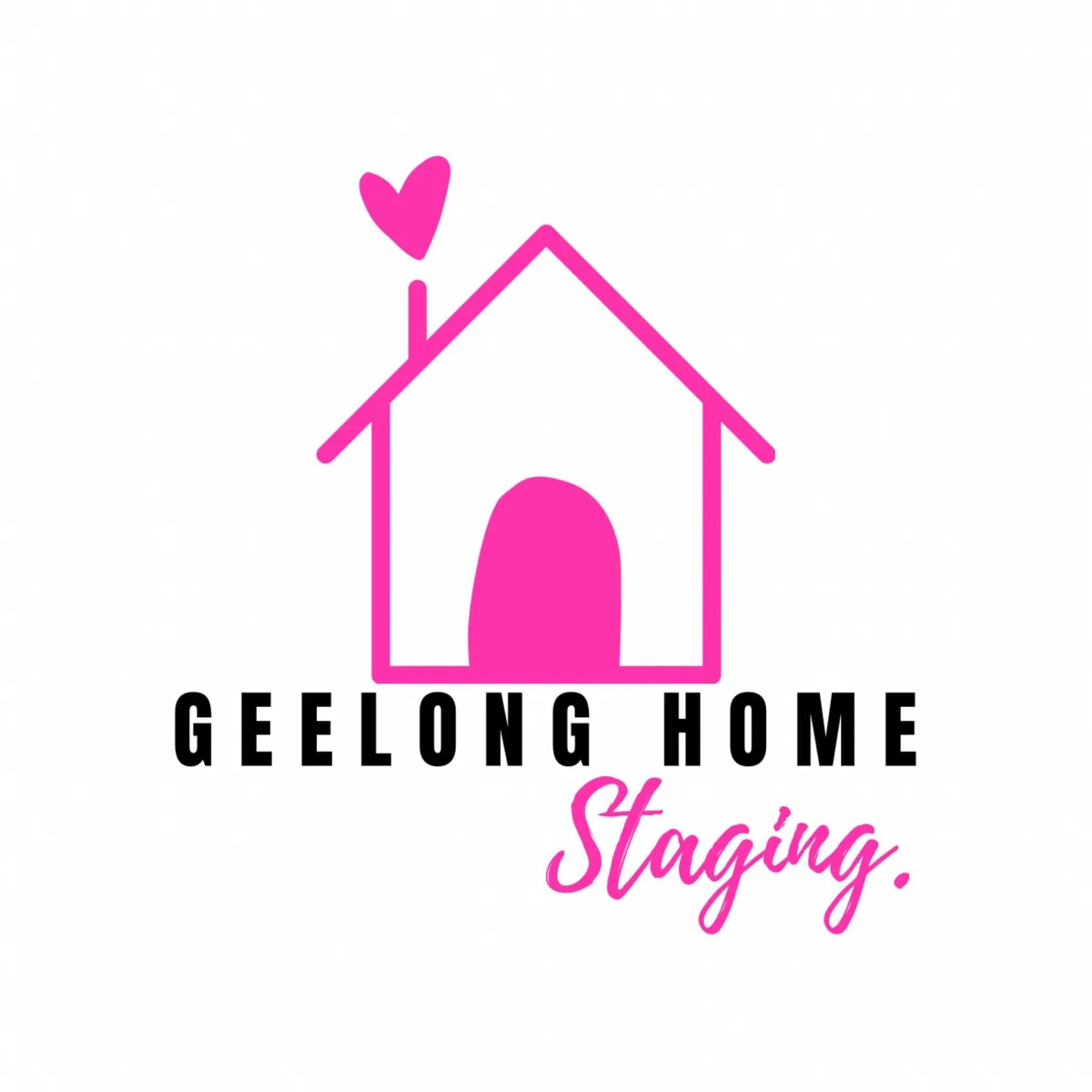Engage a property stylist
Get in touch with us
Send through your details and Clare will be in touch to discuss your home's full potential
Frequently Asked Questions
What to consider when looking to hire a property stylist
Why is property styling important?
Property styling helps potential buyers envision their ideal lifestyle in your property. The stylist identifies the target buyer and creates an appealing setting that resonates with a wide audience.
What is the role of a property stylist?
The primary responsibility of a property stylist is to showcase a property's most attractive qualities and enhance its appeal to potential buyers. This involves strategically placing furniture, artwork, and other decorative elements to create a cozy and welcoming ambiance that resonates with a broad range of prospective buyers. By emphasizing the property's standout features and highlighting its unique selling points, the stylist helps to maximize its market value and increase its chances of selling quickly and at a desirable price.
Is it worth hiring a home staging company?
Indeed, the expense of hiring a property stylist is justified by the significant value they add to a property. A skilled stylist can transform the layout and functionality of a space, creating an optimal flow and maximizing its perceived size. Additionally, they bring a contemporary design sensibility that appeals to a diverse range of potential buyers. While their services may cost more than simply renting furniture, the benefits of working with a professional property stylist are well worth the investment.
What is the role of styling?
The role of property styling involves creating an ambiance that appeals to potential buyers and helps them visualize themselves living their best possible life in the property. This includes identifying the target market and tailoring the interior design to meet their preferences, selecting suitable furniture and decor, and creating a cohesive and inviting atmosphere throughout the property. The ultimate goal is to showcase the property in the best possible light and make it stand out from the competition.
What skills does a stylist need?
Visual composition and proportion expertise
Commercial awareness of the market
Staying up to date with current trends
Deadline management and work ethic
Detail-oriented approach
Positive, proactive, and ability to problem-solving
What qualities should a stylist have?
Friendly and understanding
Strong communication skills to understand and fulfil clients' needs
Patience to handle changes and unexpected challenges
Flexibility and adaptability to adjust to different clients and situations
Organisational skills to manage projects and deadlines effectively
Technical skills to work with various materials and equipment
Mental and physical stamina to handle long hours and pressure on the job





